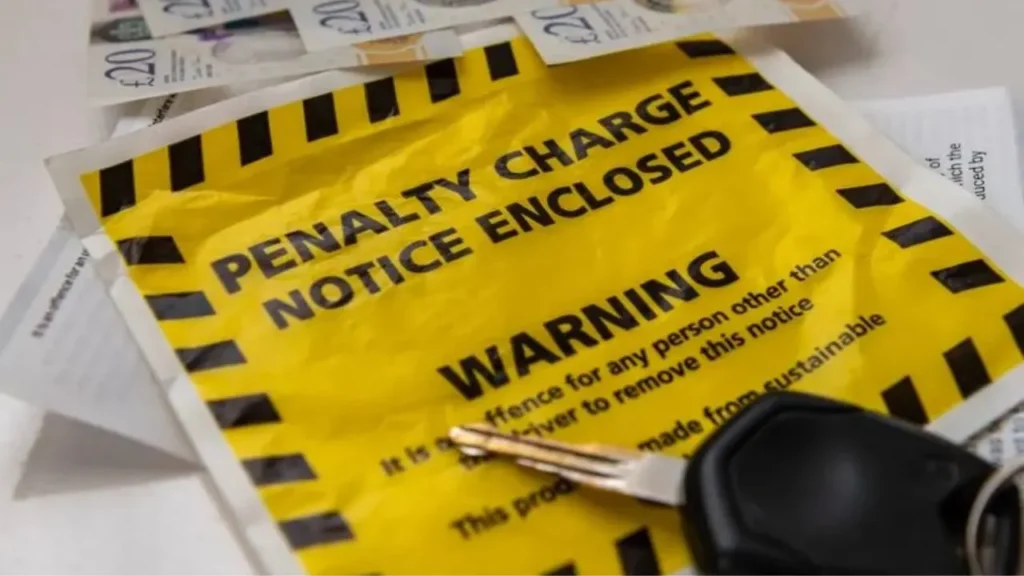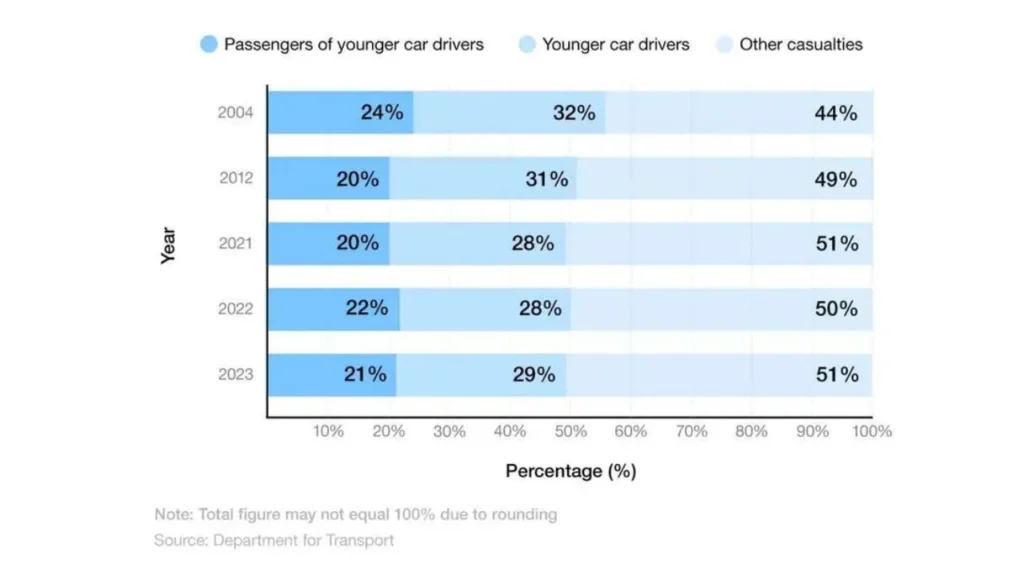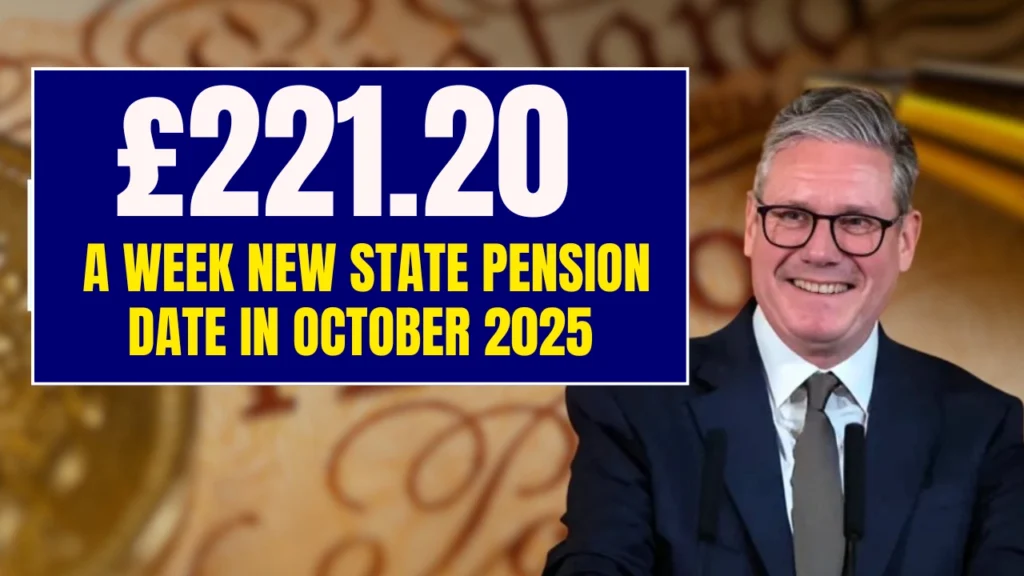A recent DVLA warning has caught many UK drivers by surprise, especially those over 65. The warning is clear: miss a license renewal or fail to declare a medical condition and you could be facing a £70 fine issued as early as 11 AM Tuesday. This might not seem like a big deal, but if ignored, it can quickly escalate into bigger legal and insurance issues. For many older drivers, these new rules are unfamiliar and are being enforced more strictly than ever before.
The DVLA warning is not just about fines. It is about staying safe, legal, and covered while driving. From renewing your license every three years after age 65, to keeping your medical records up to date, understanding these regulations is now essential. Missing these steps could mean more than a fine. It could mean losing your ability to drive legally.
DVLA Warning: What Drivers Need to Know Now
This DVLA warning is aimed at protecting drivers and others on the road, especially as the number of older motorists continues to grow. As of 2025, drivers aged 65 and older are now required to renew their licenses every three years instead of waiting until age 70. Alongside renewal, the DVLA expects drivers to declare any medical conditions that might affect driving ability, including issues like epilepsy, dementia, stroke, diabetes, and vision loss. Missing a renewal or failing to report a health condition could result in an automatic £70 fine sent out before 11 AM on a Tuesday.
These rules are not meant to catch people out but to encourage safer roads and better communication. However, with many still unaware of the changes, fines are being issued faster than drivers can react.
Overview Table: DVLA Warning at a Glance
| Topic | Details & Stats |
| Fine Amount | £70 fine issued before 11 AM Tuesday for missed renewal |
| Renewal Age Requirement | Drivers aged 65 and above must renew every 3 years |
| Medical Declaration Requirement | Conditions like epilepsy, stroke, diabetes, vision issues |
| Renewal Options | Online, by post, or at Post Office |
| Driving While Waiting | Allowed if conditions met and application submitted in time |
| COVID-19 Backlog Impact | Still causing processing delays, increasing urgency |
| Late Renewal Penalty | Up to £1,000, potential prosecution, and invalid insurance |
| Photo ID Requirements | Recent color photo with DVLA-approved background |
| Renewal Fees | £14 online, £17 by post, £21.50 via Post Office |
| Appeal Options | Appeal via DVLA with supporting documents and evidence |
Drivers Face Surprise £70 Fine
The DVLA’s push for tighter control over license renewals has led to a surge in penalties being issued early in the week. Many of these £70 fines are arriving before drivers have had their morning coffee on a Tuesday. The common cause? Missing the deadline to renew your license or failing to declare a medical condition that could affect your ability to drive safely.
For drivers over 65, this change requires more than just setting a calendar reminder. It demands awareness and action well before your license expires. These fines are not just about revenue. They are a tool the DVLA uses to promote safe driving habits and reduce accidents among older drivers.
Why Is This DVLA Warning Is a Big Deal?
A valid license is more than a piece of plastic. It is your legal ticket to drive. With the new rules in place, even a small oversight can lead to serious problems. If your license is expired or if the DVLA is not aware of your health condition, your insurance might become invalid. That means in the event of an accident, you could be personally liable for damages.
Even worse, if you are involved in a collision and it is discovered that your license was not renewed or that you had an undeclared condition, you could face legal charges. The DVLA warning is designed to help drivers avoid these situations before they happen.

Expanded DVLA Rules Breakdown
The most notable update is the shift in renewal age from 70 to 65. This means millions more drivers are now required to reapply every three years. The DVLA is also focused on ensuring that drivers disclose medical conditions that may affect driving performance. These include:
- Epilepsy: Risk of seizures makes driving unsafe.
- Diabetes: Sudden drops in blood sugar can cause blackouts.
- Stroke or TIA: May lead to impaired motor skills or slower reactions.
- Dementia or Parkinson’s Disease: Conditions that affect decision-making and control.
- Vision Impairments: All drivers must be able to read a number plate from 20 meters.
Failing to report any of these conditions is considered a legal offence and can lead to serious consequences, including prosecution.
How to Stay Ahead: A Step-By-Step Guide for Drivers
Step 1: Know Your Expiry Date
Check your driver’s license today and mark your calendar at least 90 days before it expires.
Step 2: Renew Online
The fastest and cheapest way is through the DVLA website. It takes about a week and costs £14.
Step 3: Visit Your Doctor
If you have a health condition that might affect your driving, speak to your doctor. Always report any diagnosis that could affect safety.
Step 4: Book an Eye Test
Do not assume your eyesight is fine. Schedule an eye test once a year. If you wear glasses, make sure they meet driving standards.
Step 5: Keep Records
Store your renewal confirmation emails, application copies, and any medical documents. They are helpful if you need to appeal a fine.
Step 6: Appeal if Fined Unfairly
You can challenge a fine by contacting the DVLA and providing proof that you followed the rules or submitted your renewal on time.
What Younger Drivers Can Learn?
While this DVLA warning mainly targets drivers over 65, younger motorists should pay attention too. Creating habits like tracking renewal dates, staying on top of health checks, and understanding your responsibilities as a license holder will save time and stress in the future.
By being proactive now, you are building a foundation for safe and compliant driving well into later life. Plus, if a family member or older friend is approaching the age for mandatory renewals, you can help guide them through the process.

Drivers Face Surprise £70 Fine: Additional Details for Comprehensive Understanding
The DVLA has also modernized its systems, making online renewals more secure with identity verification tools such as facial recognition and two-factor authentication. Notices for upcoming renewals are now sent out six months before expiry to give drivers extra time to act.
Photos Matter
If your renewal application includes a poor-quality photo or one that does not meet the DVLA’s requirements (clear face, no hats unless for religious reasons, plain background), it could delay the process and lead to accidental non-compliance.
Costs and Timelines
- Online: £14, processed in about a week.
- By Post: £17, up to three weeks.
- Post Office: £21.50, longer turnaround times.
Driving While Renewing
You are legally allowed to drive while waiting for your renewed license as long as you applied before expiry, are medically fit, and not disqualified. Keep proof of submission in your vehicle just in case.
Appealing Fines
Received a fine but think it is a mistake? You have the right to appeal. Submit documents showing when you applied or renewed, and include any medical evidence if relevant. The appeal must be submitted within the deadline stated on the fine notice.
Impact So Far
In 2024 alone, tens of millions of pounds were collected in fines from missed renewals. The spike in penalties has led to increased media attention and more reminders from the DVLA to take action before it is too late.
FAQs
The DVLA issues £70 fines early on Tuesdays for missed license renewals or failure to declare medical conditions. This is part of their weekly enforcement schedule.
If your application was submitted before expiry and you meet all legal criteria, you can still drive legally while waiting for the new license.
No. As of 2025, it also applies to drivers aged 65 and above, who must renew every three years and report relevant health conditions.
Check the DVLA’s list of notifiable conditions or speak to your doctor. If the condition affects your ability to drive, you must report it.
Yes, you can. Gather your documents, including proof of renewal or medical declaration, and contact the DVLA as soon as possible.


















